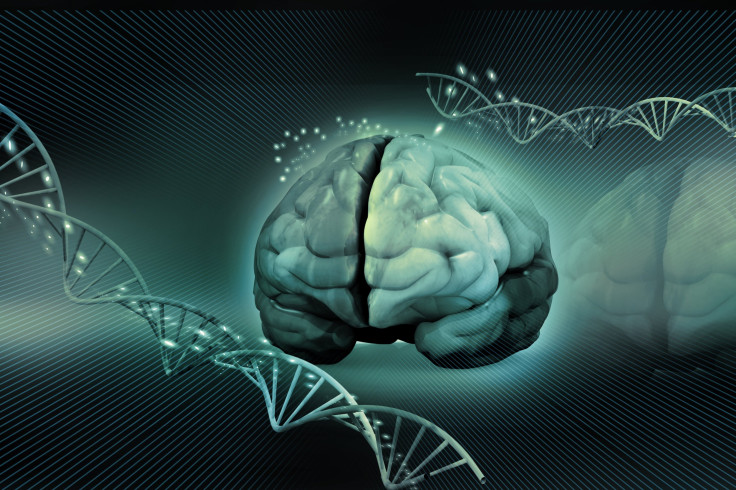Broad Institute Announces Discovery Of Schizophrenia's Genetic Underlying; Represents Biggest Breakthrough In Mental Health Research In 60 Years

In 1950, Thorazine, the brand name for chlorpromazine, was marketed as a medication to treat many of the symptoms associated with schizophrenia. Since then, there have been no fundamental changes to the drugs used to treat schizophrenia and other severely debilitating mental conditions. Today, the Broad Institute of Harvard and MIT universities announced a major breakthrough in schizophrenia research, published in the journal Nature, that offers “tremendous hope and optimism” to an eventual development of a more efficient medication option.
Combined International Effort
Thanks to the collaborative effort of researchers from the Broad Institute in Massachusetts and numerous other international scientists, we can now identify over 100 locations in the human genome associated with the risk of developing schizophrenia. This is being called the largest genomic study published on any psychiatric disorder to date. “We have gone 100 years without understanding the genetic basis," Eric Lander, founding director of the Broad Institute explained in the live press conference. "Now, over the last five years we have found real reproducible concrete answers.”
During the press conference, it was also announced that philanthropist Ted Stanley had committed $650 million to help further genetic research on psychiatric disorders. Tom Insel, director of the National Institute of Mental Health, explained how these findings now put researchers “poised for real advancements” in the field of severe mental disorders.
Understanding The Genetic Underlying
In the international study, data from a total of 37,000 patients with schizophrenia and many more controls were used to identify the underlying biological basis for the disease. Researchers have previously understood that there are genetic components to schizophrenia. In fact, the single largest risk for developing the condition is a genetic underlying. Unfortunately for many decades, scientists' understanding of schizophrenia did not reach further than this — until now.
Schizophrenia shares genetic aspects with a number of other conditions such as autism and bipolar disorder. Therefore, genetic testing alone can neither detect nor diagnose the condition. However, thanks to the new findings, researchers believe that genetics can be used to aid in the accuracy of schizophrenia diagnosis and possibly to help detect the condition earlier and prevent it rather than repair damage to the brain’s synapses.
Where To Go From Here
Identifying the genomes is only the first step. Steven McCarroll, one of the contributing authors of the study, explained how the Stanley’s generous contribution will be used to help “complete the work of genetic discovery.” Researchers will now attempt to “go from a small opening to a big opening,” McCarroll explained. They will continue studying the key molecular events that go on in the genes of schizophrenic patients. This information will be used to develop cellular models to test these events and eventually develop new molecules that can be implemented in future medication.
Cure For Schizophrenia
As Lander explained, when conveying these breakthrough findings to the public, he has to “couple realism” with hope. “Is it going to happen? It’s definitely going to happen," Lander said. "There are hopes we might be able to do things faster, but I don’t want to make such promises." This exciting finding, along with the generous donation, is hoped to work as a beacon to attract bright minds, government agencies, and other wealthy philanthropists to combine their efforts and work toward developing a viable treatment option for schizophrenia and other severe mental conditions.
Why Is Schizophrenia So Difficult To Treat?
Historically, there have been many challenges associated with the treatment of schizophrenia. One of the biggest reasons for lack of treatment options is the fact that the no case of schizophrenia is exactly the same, Psychiatric Times reported. This will often cause medication to produce different outcomes.
A second challenge in the treatment of schizophrenia is the severe side effects associated with many of the common medication options. These drugs can cause severe restlessness, weight gain, and sexual dysfunction. Patients will often experience depression or anxiety because of the extreme side effects. It's estimated that as many as 50 percent of patients do not take their medication as prescribed. Many patients are also in denial about their mental illness, and due to this discontinue or simply reject treatment.
Source: McCarroll SA, Saha S, Chant D, et al. Biological insight from 108 schizophrenia-associated genetic loci. Nature. 2014.



























